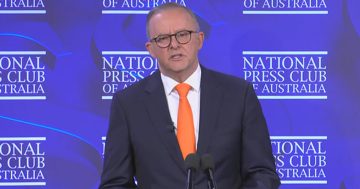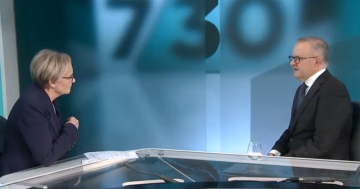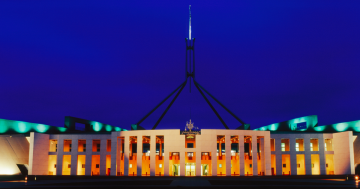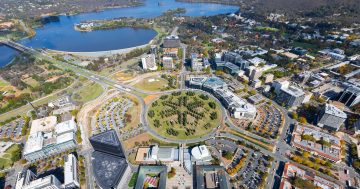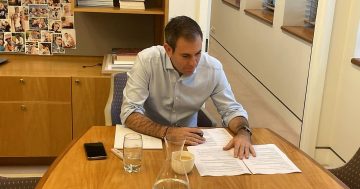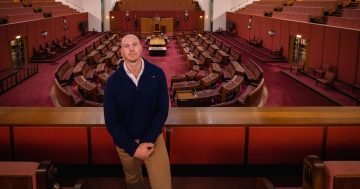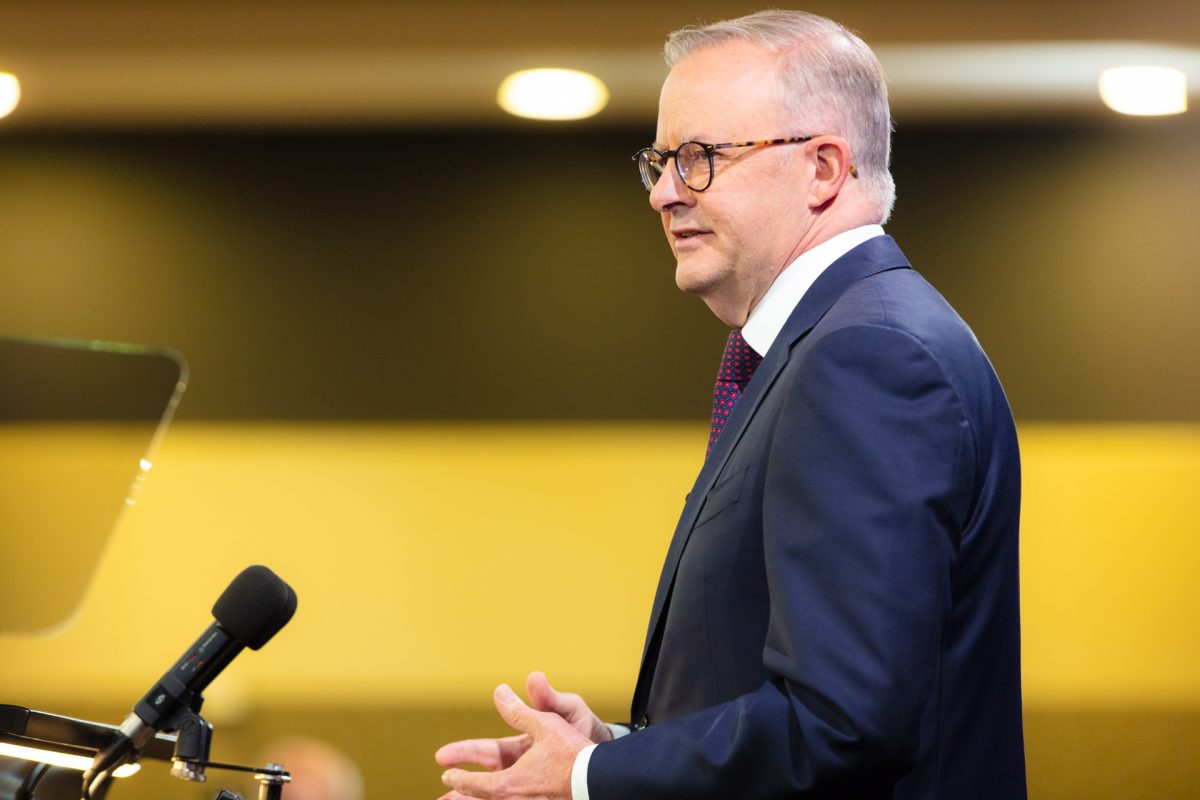
Prime Minister Anthony Albanese says the new tax policy will be fairer, with most of the benefits going towards the bulk of taxpayers. Photo: Michelle Kroll.
Should a government be held to election promises if circumstances change?
Prime Minister Anthony Albanese’s overhaul of the Stage 3 tax cuts so more of the benefits go to middle-income earners instead of high-income earners has provoked a clutch of broken promise headlines, but in the light of what has happened since the election, should people really be that surprised?
Pandemic after-effects, supply and fuel shocks, war-induced inflation, a spike in interest rates and a cost of living crisis – the landscape has changed dramatically since the election.
Despite pressure from the party and some economists to scrap the Coalition-legislated tax cuts, Albanese and Treasurer Jim Chalmers consistently said their position had not changed.
Albanese has made a point of meeting election commitments, so the intention on this one was also to stay the course.
But the pain being experienced by low and middle-income earners as housing costs – mortgage repayments or rents – eat up more of their incomes, along with other staples, demanded a response.
The government could have abandoned the tax cuts altogether, arguing they were unsustainable, inflationary and essentially unfair, given most of the benefits would go to high-income earners.
Instead, Albanese can say that he is still retaining a tax cuts program but that it is fairer, won’t be inflationary (according to Treasury and the Reserve Bank) and will provide real relief to those struggling to make ends meet (about $800 extra to most taxpayers).
It will also provide a more progressive tax system than the flatter one envisaged in the Coalition’s Stage 3 program.
It is a calculated risk because the Opposition unsurprisingly has turned up the outrage dial, saying Labor went to the election on a lie and has betrayed voters.
Expect that outrage to be carried all the way to the next election.
But it will be hard for the Opposition to campaign against a tax policy that puts more money in the pockets of more Australians who actually need it.
What both parties should be talking about is real and lasting tax reform, not just tinkering with the income tax scales.
If Australians want the services they expect, housing to be cheaper, and an effective defence policy, then that will have to be paid for, and that burden shared more equitably.
It is a conversation that Australians need to accept and be a part of.
In 2019, Labor took a program to the people only for it to succumb to an Opposition fear campaign.
Albanese wasn’t about to make the same mistake in 2022, and strategists will probably argue that serious tax reform, in which there will have to be losers, is a suicide mission, given the Opposition’s unyielding negativity.
Yet without it, governments will always struggle to do their job and inequality will become even more entrenched.
Company tax rates, tax concessions, GST and other possible measures should all be on the table.
Albanese could seek a mandate for reform, but that would require a grown-up, reasoned debate that puts self-interest to one side.
For now, will voters who may not receive as big a tax cut as expected begrudge those less well-off who will now do better?
Today is Australia Day. Amidst all the ballyhoo about dates and flags and patriotism, it’s as good a day as ever to reflect on whether the fair go is still part of our national character.
And yes, leaders need the flexibility to respond to what is changing around them.












